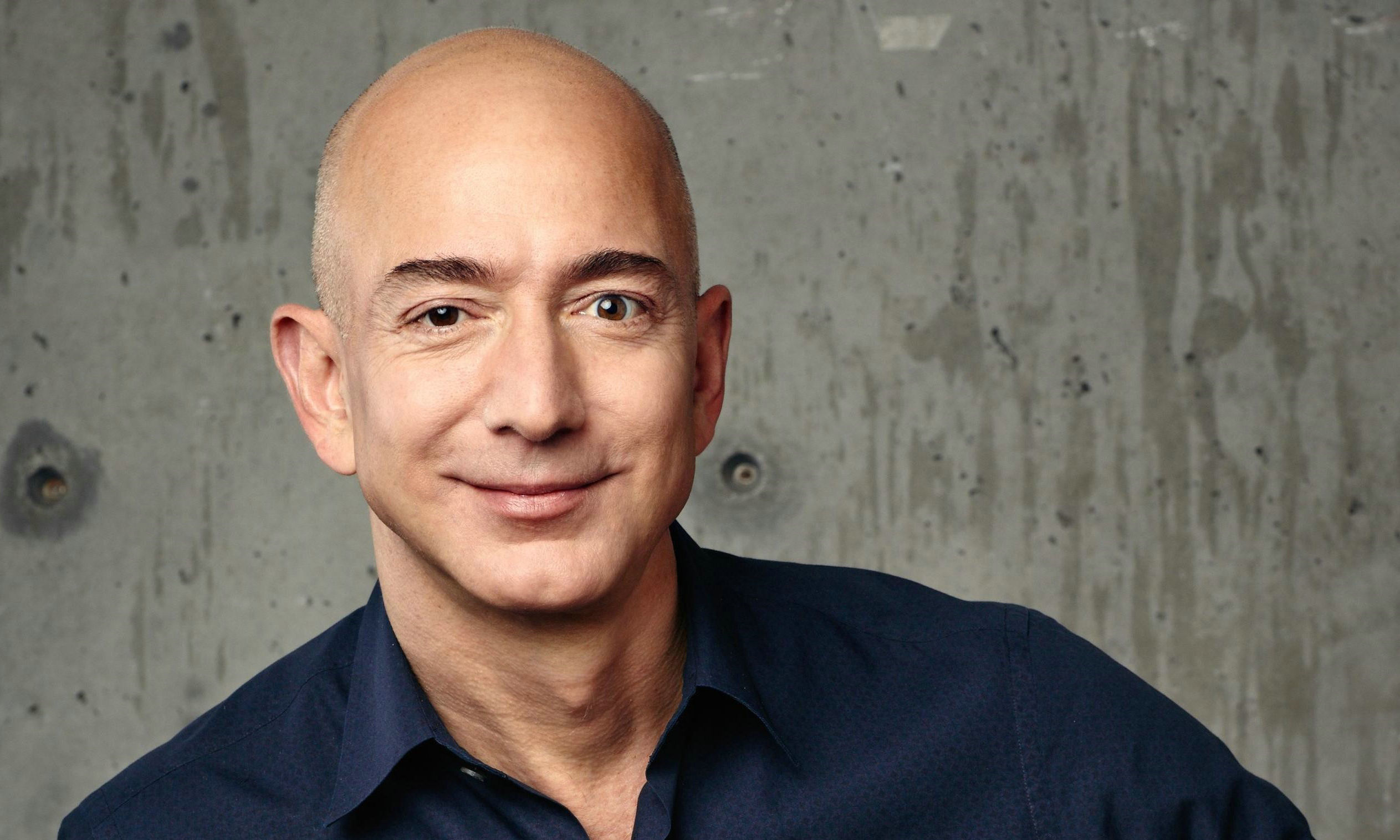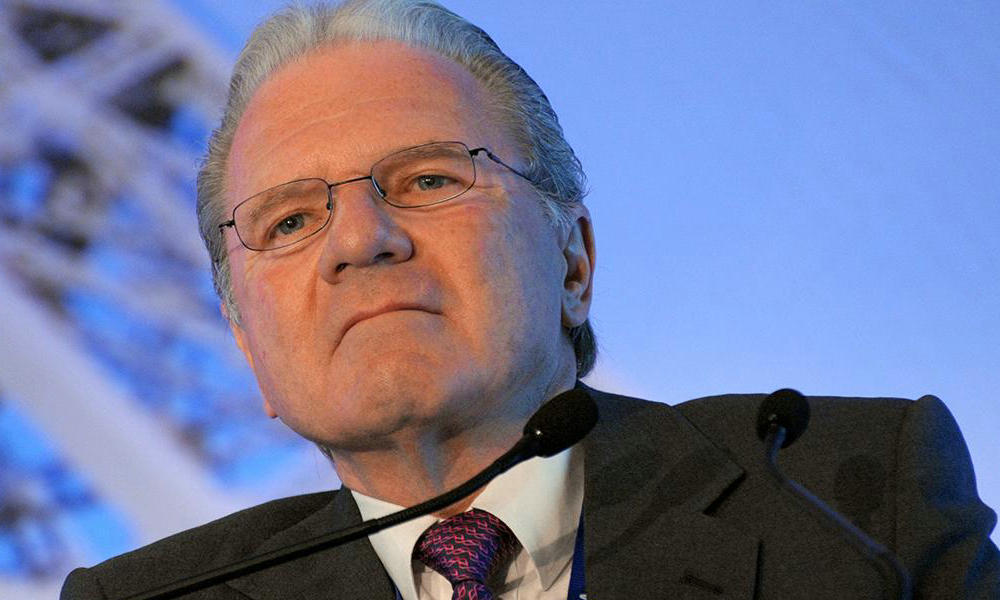In the glittering constellation of financial titans, Thomas Peterffy shines as a unique star, his extraordinary entrepreneurial journey and profound insights into financial markets illuminating the hearts of countless dreamers. As the founder of Interactive Brokers Group, Peterffy is not only a pioneer in electronic trading but also a paragon of transforming personal aspirations into industry-wide transformation. This article unfolds the success formula of this financial prodigy through vivid narratives, concrete data, and his insightful quotes.
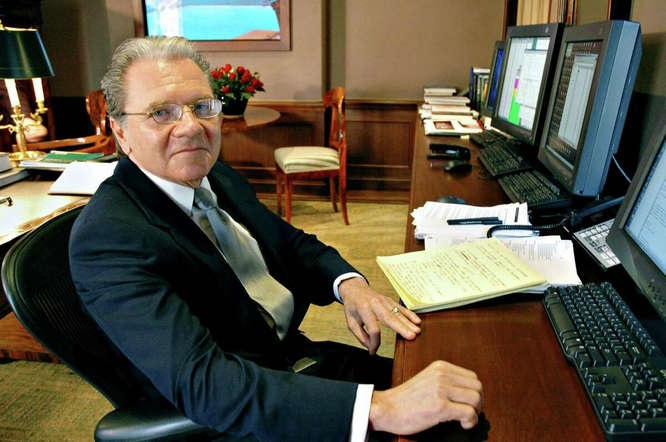
[Opening Act: One Decision, A Life Transformed]
Born in war-torn Hungary in 1944, Thomas Peterffy grew up under socialism with an insatiable curiosity for free-market economies. Amidst the information blackout and economic constraints of Eastern Europe, Peterffy nurtured a seed of exploration and innovation within him. "Behind the walls, I learned to dream of the world beyond," he would later reminisce poignantly about those years.
In 1965, at just 21, Peterffy made the most pivotal decision of his life: to leave Hungary for America. Behind this choice lay a thirst for knowledge, a pursuit of freedom, and a hazy yet resolute belief that "in America, I could realize dreams deemed impossible."
When young Thomas Peterffy stepped onto New York's soil, brimming with hope for freedom and success, he was met with a harsh reality. Struggling with language, penniless, even basic communication posed a challenge. "I thought freedom came free, forgetting its hidden price," he recalled later, bearing the weight of loneliness and despair for the first time.
To survive, Peterffy took on low-paying manual labor, from construction sites to factory floors, leaving trails of sweat. Yet, he relentlessly pursued education, often found studying under dim lights late into the night. "It was in life's crucible that I forged my will," he said of this period.
Cultural differences compounded his struggles. Without smartphones or instant translation apps, social encounters often ended in awkward silence. Undeterred, he actively integrated, starting with learning basic English greetings until he could fluently articulate his thoughts. His tale underscores that courage and determination bridge cultural divides.
In 1967, Peterffy's fortunes turned when a small architectural firm hired him as a draftsman. This marked his entry into the realm of numbers and computers, igniting a lifelong passion. He taught himself programming in his spare time, a cutting-edge skill back then, which sowed the seeds for future financial revolutions. Amidst grueling workdays, he self-studied English and economics. His talents soon shone, leading to a promotion to engineer and an introduction to the stock market. As America dawned into a new era of finance, Peterffy seized the opportunity. "America is a land of dreamers where everything is possible," he lived by these words.
Central to Peterffy's choice of America was his belief in free-market capitalism. He held that individual creativity flourishes best in an open, competitive environment. programming enabled him to develop algorithms for automated trading, a groundbreaking innovation that transformed financial transactions. Interactive Brokers' inception materialized his vision, demonstrating that dreams can flourish in fertile ground.
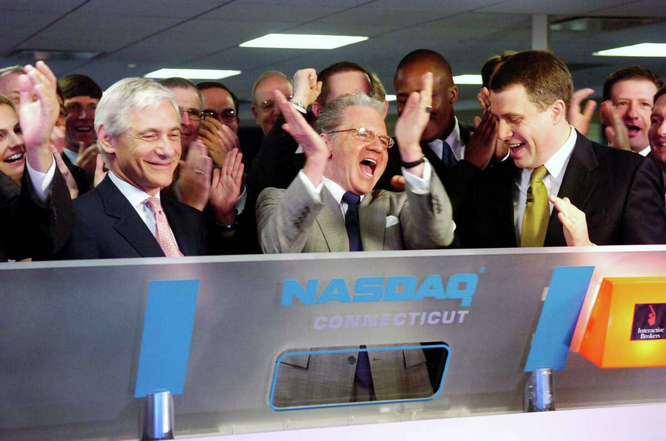
[Breaking the Mold: Dawn of Automated Trading]
In the 1970s, as a stock trader, Peterffy witnessed firsthand the inefficiencies and chaos of manual trading. Inspired by the ticker boards in trading halls, he pondered, "What if machines could read these numbers?" Thus began his quest to develop an automated trading system, the precursor to Interactive Brokers and the first domino in his plan to reshape the industry.
His initial hurdle was translating complex trading logic into computer language. After relentless coding and testing, he finally crafted the first system capable of automated trades. This not only accelerated trading speeds but also reduced costs, enhancing transparency and fairness. His maxim, "In finance, speed equals money," became an epoch-defining phrase.
Interactive Brokers was established in 1977, with Peterffy envisioning a global electronic platform enabling all investors to access the market at minimal cost, leveraging technology for fairness and efficiency. With the advent of the internet age, Interactive Brokers rapidly expanded, becoming one of the world's largest electronic brokers, serving over a million clients with staggering daily trade volumes.
Peterffy's founding of Interactive Brokers stemmed not just from technological passion but from a profound understanding of market fundamentals. Believing "trading is fundamentally a competition of information and efficiency," Interactive Brokers symbolizes this ideology. Through continuous tech innovation, it lowered barriers, transcended geographical boundaries, and realized a genuinely global trading network. "Computers aren't just tools; they're bridges to the future," Peterffy's visionary statement, once radical, fueled Interactive Brokers' rise to prominence as a leading global electronic brokerage.
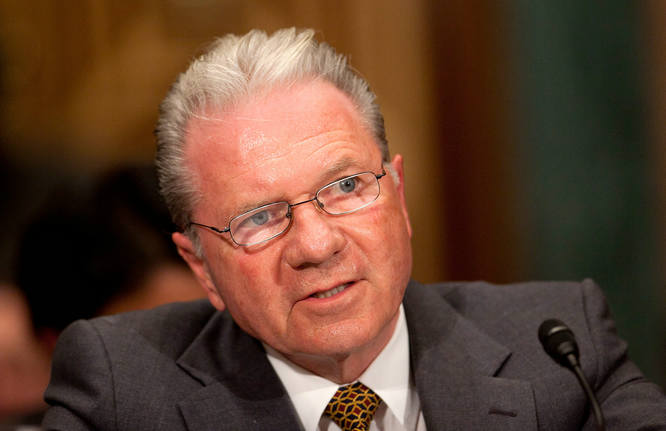
【The Trial of Technology: The Chasm from Concept to Reality】
Peterffy's first challenge was to transform automated trading from a concept into a viable technology. At that time, computers were not yet widespread, and writing trading programs was like breaking new ground. He coded day and night, experienced countless failures and restarts, and finally initially achieved the automated execution of trading instructions. But the stability and accuracy of the technology, and how to interface with the existing trading system, were all problems that needed to be urgently solved. "Every line of code is a weapon against tradition." Peterffy deeply understood this.
The technological breakthrough was only the beginning, and the greater challenge came from the resistance of the traditional financial system. Peterffy's automated trading system threatened the position of the vested interests on Wall Street and was strongly opposed and obstructed. Some exchanges even explicitly forbade his machines from entering the trading floor, believing that it would disrupt the fairness of the market. "Change will always encounter fear, but the truth will not remain silent forever." With a tenacious attitude, Peterffy continued to promote the legalization process of technology.
On the road of innovation, the shortage of funds is an unavoidable problem. In the early days of Interactive Brokers, it faced huge R & D investment and operating costs and hovered on the verge of a broken capital chain many times. Peterffy had to mortgage his personal property many times and even considered selling his own property at one point. "Every great cause requires someone willing to bet everything." His persistence finally attracted the attention of investors and won a precious breathing space for the company.
As Interactive Brokers gradually grew, how to meet the strict financial regulatory requirements while rapidly innovating became a new challenge. Peterffy not only had to ensure the technological lead but also maintain close communication with regulatory agencies to ensure that every innovation could operate safely within the legal framework. "Compliance is not a shackle but a escort of innovation." He thought so and personally participated in the formulation of many industry standards, contributing his own strength to the standardization of electronic trading.
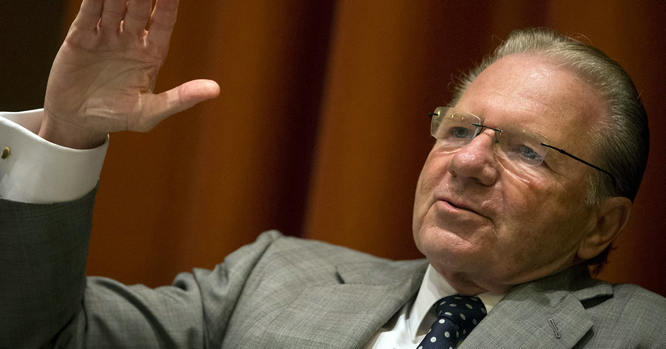
【Financial Crisis: Innovation and Risk Coexist】
"Fix the roof on a sunny day to resist the storm." This is a sentence that Peterffy often says. Long before the financial crisis broke out, he had already foreseen the unstable trend of the financial market. Based on this, Interactive Brokers took a series of preventive measures, including strict risk control mechanisms and sufficient capital reserves, building the first line of defense for the upcoming storm.
Under Peterffy's leadership, Interactive Brokers established a set of advanced risk management systems to monitor customer accounts in real-time, strictly limit the use of leverage, and ensure that losses could be effectively controlled even under extreme market conditions. In 2008, when many competitors were in trouble due to high-leverage operations, Interactive Brokers' prudent strategy enabled it to avoid a fatal blow. "We don't believe in endless leverage because we know that without a solid foundation, the building will eventually collapse." Peterffy said so.
According to statistics, during the 2008 financial crisis, Interactive Brokers' capital adequacy ratio always remained at a level far higher than the regulatory requirements, and its conservative financial policy and highly transparent operating mode won the trust of investors. In the most violent months of market turmoil, the stock prices of many financial institutions plummeted and even went bankrupt, while the stock price of Interactive Brokers, although fluctuated, generally showed amazing pressure resistance, showing the stability of the company's internal management.
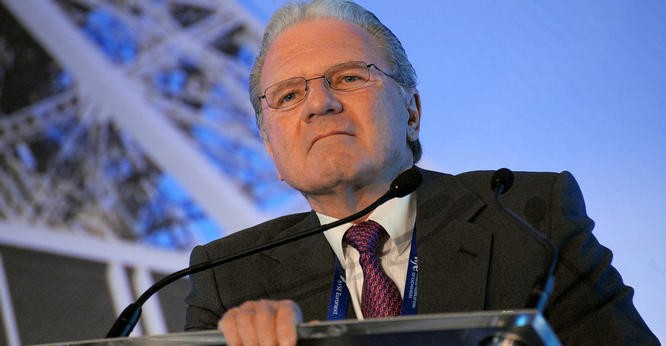
Facing the crisis, Peterffy not only focused on defense but also saw opportunities. When other companies were eager to sell assets, Interactive Brokers was looking for valuable acquisition targets and purchased high-quality assets at a reasonable price, laying the foundation for subsequent development. "Be greedy when others are fearful and be fearful when others are greedy." He explained his counter-cyclical strategy like this.
Peterffy's leadership style was fully demonstrated during the crisis. He not only participated in crisis management personally but also conveyed confidence and stabilized market sentiment through open letters and media interviews. His calmness and decisiveness became the reassurance pill for employees and customers and enhanced the cohesion of the team. "The responsibility of a leader lies in guiding the direction, especially in the dark." His words inspired everyone to face the challenges together.
【Conclusion: Dream and Responsibility Go Hand in Hand】
Today, Thomas Peterffy, who owns billions of dollars, is not only a legend in the financial world but also a philanthropist and social activist. He deeply knows that personal success is closely related to the development of society, so he actively devotes himself to public welfare undertakings such as education and medical care and gives back to society in his own way.
"True success lies not in how much you have but in how much you can give." Peterffy said so. This is not only a redefinition of personal value but also a deep hope for future generations.
In the legendary story of Thomas Peterffy, we have seen the perfect fusion of courage, wisdom, and responsibility. His experience is not only a vivid interpretation of the "American Dream" but also an inspiration for every dream chaser - in the unpredictable torrent of the times, only by constantly innovating and daring to take responsibility can we write our own glorious chapter.
